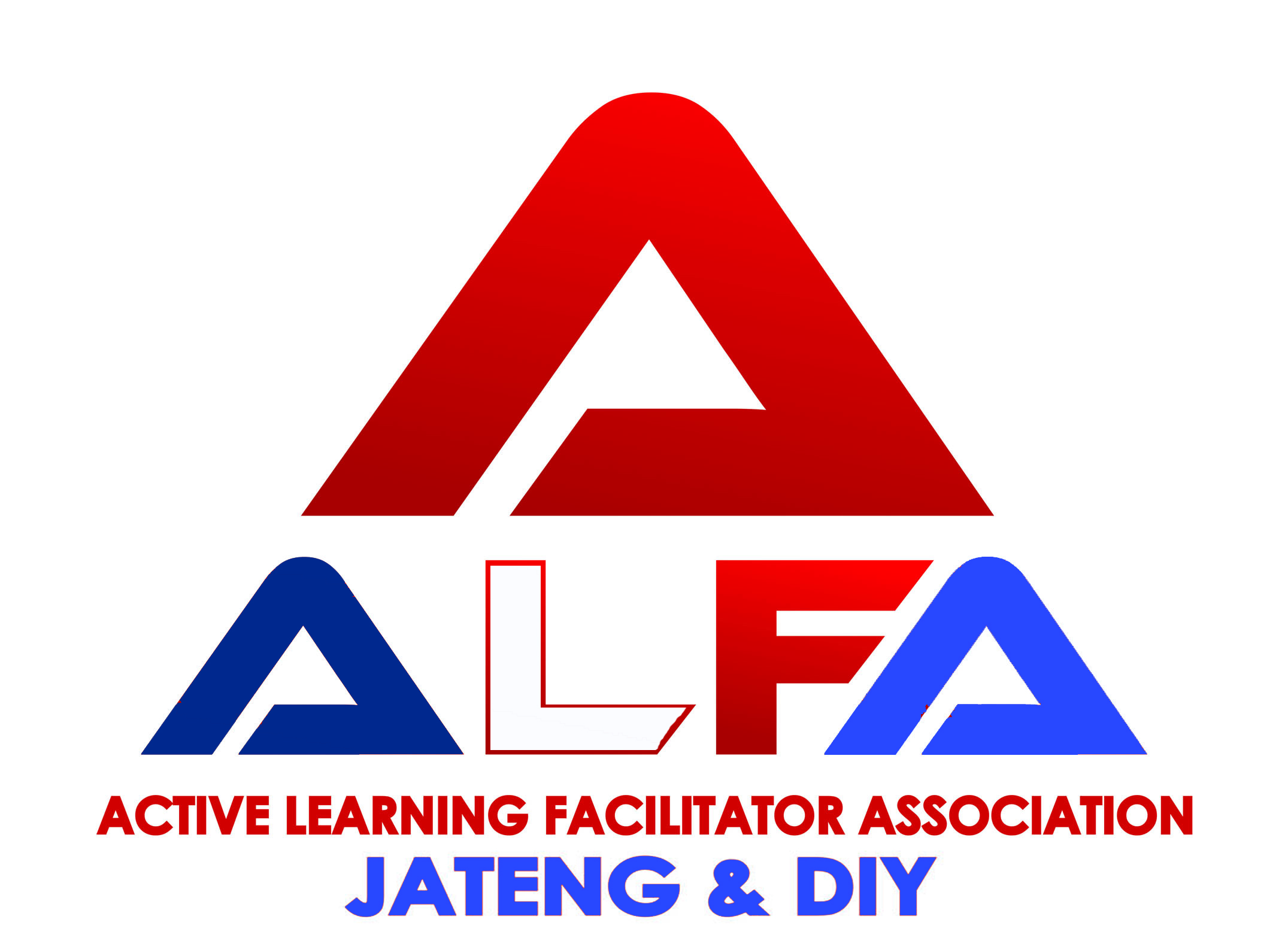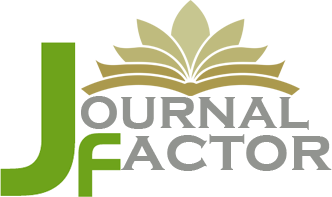Implementation of ERP ( Engange, Research, Present) Intructional Model Using Virtual Laboratory in Science Learning to Increase Student’s Science Process Skills
Abstract
Full Text:
PDFReferences
Abungu, H.E., Okere, M.I.O. & Wachanga, S.W. (2014). The Effect of Science Process Skills Teaching Approach on Secondary School Students' Achievement in Chemistry in Nyando District, Kenya. Journal of Educational and Social Research MCSER Publishing, Rome-Italy , 4 (6).
Adha, D.F., & Wahyuni, I. (2020). Application of the Inquiry Training Model Using Virtual Laboratory Media ( Online Labs ) on Science Process Skills in Physics Lessons in High School. Journal of the Physics Alumni Association of Medan State University , 6 (3), 23-27.
Ariani, N. & Haryanto D. (2010). MultiMedia Learning in Schools Inspirational, Constructive and Prospective Learning Guidelines. PT Prestasi Pustakaraya. Jakarta.
Aydogdu, B. (2015). The investigation of science process skills of science teachers in terms of some variables. Educational Research and Reviews , 10 (5), 582-594.
Cahyaningrum, I., Mursiti, S., Sumarni, W., & Harjono, H. (2020). The Influence of Guided Inquiry-Based Practice with Virtual Lab Assistance on Science Process Skills. Chemistry in Education , 9(1), 68-75.
Hake, R. (1999). Analyzing Change/Gain Score . American Educational Association's Division D, Measurement and Research Methodology.
Hasanah, A., & Utami, L. (2017). The Effect of Problem Based Instructional model Application on Students' Science Process Skills. Journal of Science Education (JPS) , 5(2), 56–64.
Hizbi, T. (2019). The Effect of Demonstration Methods Using Virtual and Real Laboratories on Students' Science Process Skills. Kappa Journal , 3(1), 50-57.
Ibrahim, M. (2010). Basics of the Teaching and Learning Process . Surabaya : Unesa University Press.
Karamustafaoglu. (2011). Improving the Science Process Skills Ability of Science Student Teachers Using I Diagrams: Eurasian J. Phys. Chem. Educ , 3(1):26-38.
Luki, N., & Kustijono, R. (2017). Development of an Algodoo-Based Virtual Laboratory to Train Students' Science Process Skills on the Subject of Parabolic Motion. Journal of Physics Education Innovation (JIPF) , 6(03), 27-35.
Maikristina, N. (2013). The Effect of Using Guided Inquiry Instructional model on Learning Outcomes and Science Process Skills of Class XI IPA SMAN 3 Malang on Salt Hydrolysis Material. Thesis Department of Chemistry-Faculty of Mathematics and Natural Sciences UM .
Muslim, K., & Tapilouw, FS (2015). The Influence of Scientific Inquiry Models on Improving Science Process Skills for Junior High School Students on Heat Matter in Life. Edusains , 7 (1), 88-96.
Mutlu, M., & Temiz, BK (2013). Science process skills of students having field dependent and field independent cognitive styles. Educational Research and Reviews , 8 (11), 766-776.
Nurrokhmah, IE & Sunarto. (2013). The Effect of Inquiry-Based Virtual Labs Application on Chemistry Learning Outcomes. Chemistry in Education.CiE (1).
OECD. (2019). PISA 2018 Results (Volume I): What Students Know and Can Do . OECD Publishing, Paris.
Opara, JA (2011). Some considerations in achieving effective teaching and learning in science education. Journal of Educational and Social Research , 1(4).
Ozgelen, S. (2012). Students' Science process Skills within a Cognitive Domain Framework. Eurasia Journal of Mathematics, Science and Technology Education , 8(4): 283-292.
Risanti, E.D., & Setyarsih, W. (2015). Application of Laboratory Activities to Improve Science Process Skills and Learning Outcomes of Class X MIA SMAN 1 Krian on Heat Transfer Material. Journal of Physics Education Innovation, 18-21.
Sevilay, K. (2011). Improving the science process skills: Ability of science student teachers using I diagrams. Eurasia Journal of Physics & Chemistry Education , 3, 26-38.
Sudarisman, S. (2015). Understanding the Nature and Characteristics of Biology Learning in Responding to the Challenges of the 21st Century and Optimizing the Implementation of the 2013 Curriculum , Florea Journal , 2(1): 29-35.
Sudarmin. (2015). Creative Innovative Instructional model . Semarang: Unnes Press.
Sugiono. (2016). Quantitative, Qualitative, and R&D Research Methods . Bandung : Alphabeta.
Sukarno, Haryanti, S. & Siswanto, (2020) ERP Instructional model (Engage, Research, Present) (Integrating Research Activities in the Context of 21st Century Learning ). UNNES Press : Semarang.
Sulistiyono, S. (2020). The Effectiveness of Guided Inquiry Instructional model on Science Process Skills and Understanding of Physics Concepts of Ma Riyadhus Solihin Students. Journal of Physics Education Undiksha , 10 (2), 61-73.
Tatli, Z. & Ayas, A.., (2013). Effect of Virtal Chemistry Laboratory on Students' Achievement. Educational Technology & Society . 16 (1). 159-150. Retrieved 10 August 2015.
Totiana, F., Susanti, E., & Redjeki, T. (2012). The Effectiveness of the Creative Problem Solving (CPS) Instructional model Equipped with Virtual Laboratory Learning Media on Student Achievement in Colloidal Subject Class XI Science Even Semester SMA Negeri 1 Karanganyar Academic Year 2011/2012. Journal of Chemistry Education , (1)1, 74-79.
Turiman, P., Omar, J., Daud, AM, & Osman, K. (2012). Fostering the 21st Century Skills Through Scientific Literacy and Science Process Skills. Procedia-Social and Behavioral Sciences , 59, 110–116.
Tyas, R.A., Wilujeg, I., & Suyanta, S.(2020). The Effect of Science Learning Based on Discovery Learning of Local Local Snacks on Science Process Skills. Journal of Science Education Innovation , 6(1), 114-125.
Wisudawati, A.W., & Sulistiyowati, E. (2014). Science Learning Methodology . Earth Literacy: Yogyakarta.
DOI: https://doi.org/10.31002/ijose.v5i2.4261
Refbacks
- There are currently no refbacks.
Copyright (c) 2021








